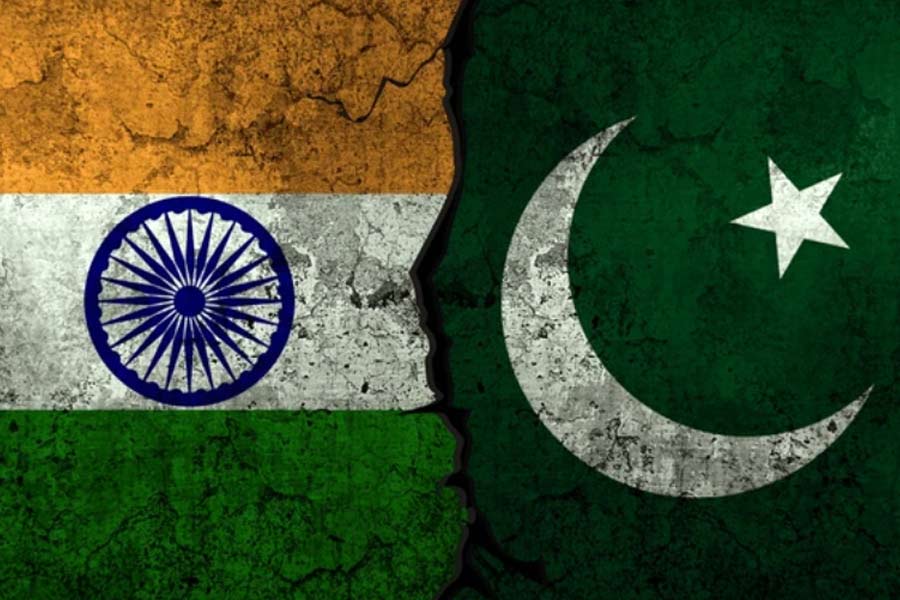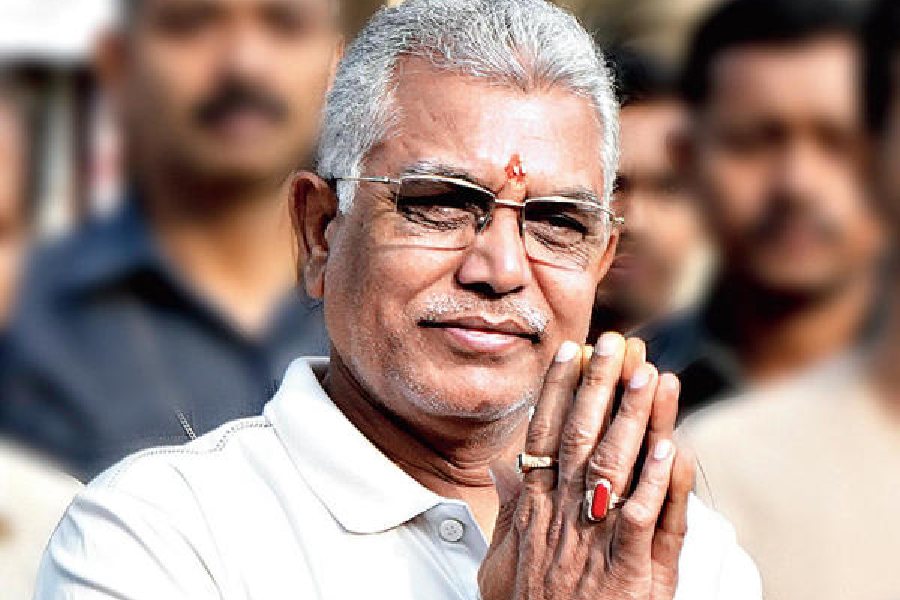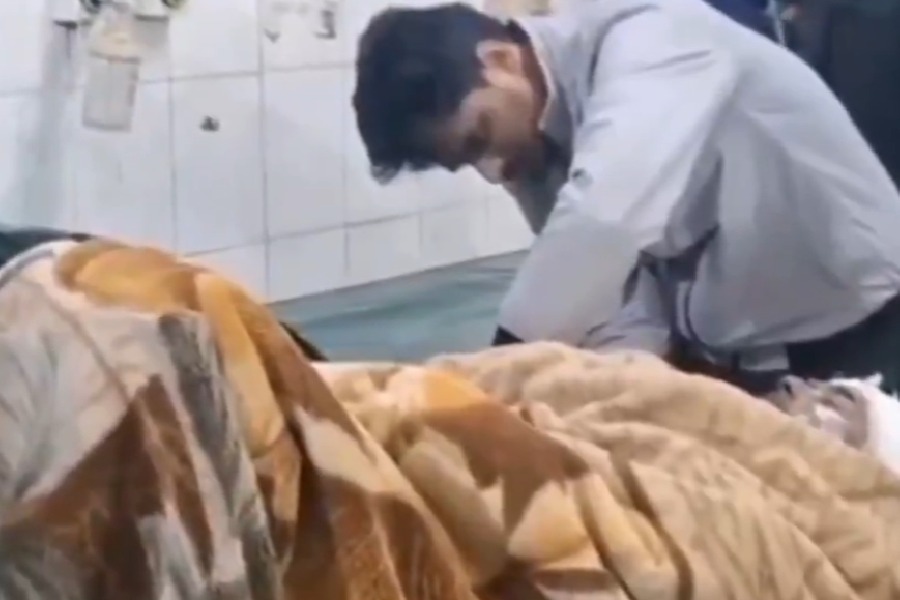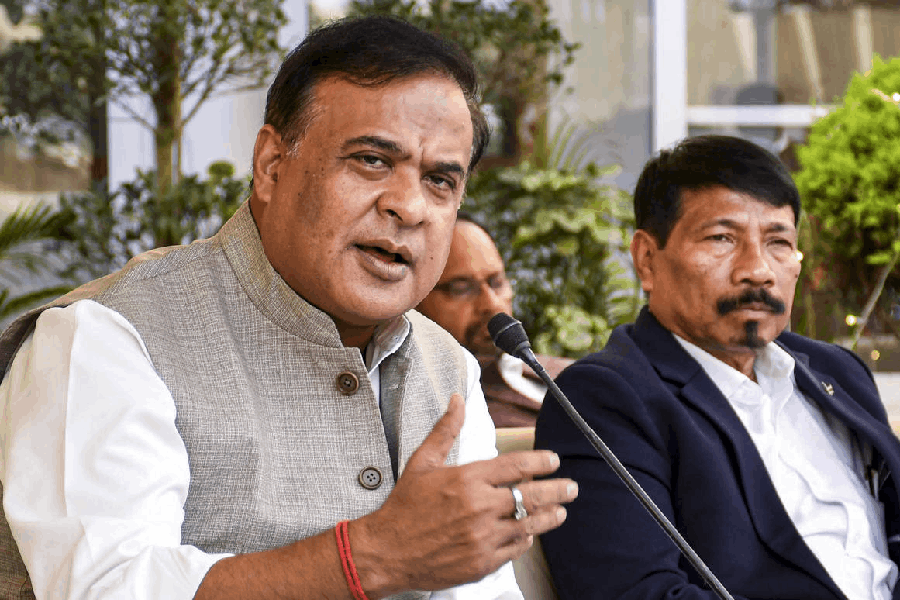 |
| File picture of fishermen in Paradip |
Paradip, June 12: The state government is all set to extend public distribution system (PDS) doles to over 5,000 traditional marine fishermen living along the Paradip coast.
The economy of fishing villages in Rajnagar and Mahakalpada has taken a beating following the seven-month-long prohibition on sea-fishing to ensure the Olive Ridley turtles’ safety. Depleting livelihood stakes have triggered human resource exodus from villages predominantly inhabited by the fishermen.
The state government will extend social security to the prohibition-hit fishermen. The affected families will be entitled to all PDS benefits, including Rs 2-a-kg rice, apart from various livelihood stakes support project.
“To extend the PDS facilities, the exercise to enumerate the traditional fishermen is under way. So far, 5,400 families, who are directly or indirectly affected by the turtles’ conservation measures, have been enumerated for the PDS benefits meant for the below poverty line (BPL) category families,” Rabi Narayan Pattnaik, assistant director of marine fisheries, Paradip.
Of the affected fishermen families, 3,000 are from the fishing hubs of Mahakalpada while 2,400 families are from the adjoining coastal areas of Rajnagar. They would be provided with the special PDS cards issued by the civil supplies department, Pattnaik said.
According to the Orissa Marine Fisheries Regulatory Act, 1983, every year from November 1 to May 31, the state government clamps the ban on sea-fishing in a 20km radius territory stretching from Dhamra to the Devi river mouth to ensure safety of the turtles that often perish either by getting entangled in mono-filament fishing nets or hit by propellers of fishing trawls.
The prohibition in past years had resulted in a drastic drop in marine fish production and economy of the region, which was largely regulated by the sea-fishing sector, said Tushar Sardar, district wing president of the Odisha Traditional Fish Workers’ Association.
Ancillary sectors such as ice-factories, net-making units and others in areas such as Dhamra, Jamboo, Kharinasi, Ramnagar, Sandhakuda, Ambiki, Erasama and Paradipgada have closed down.
Skilled boat-makers and net weavers from these areas were slowly shifting their base towards Digha and Vishakhapatnam because of bleak business, he said.
To compensate the loss of livelihood stakes of the marine fishermen and other stakeholders at the seaside villages, the World Bank-funded Integrated Coastal Zone Management Programme had started in these pockets, said an official.
The programme worth Rs 25.61 crore was in full swing with the funds being spent through 60 self-help groups, said the official.










